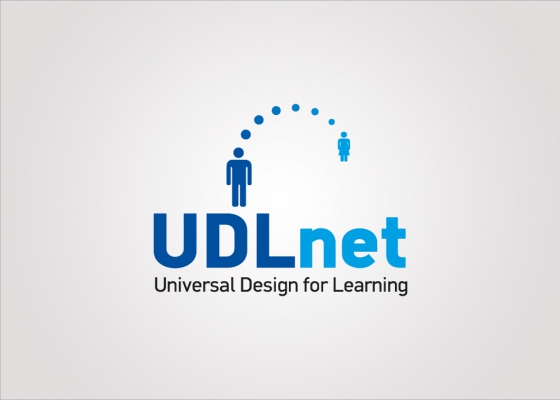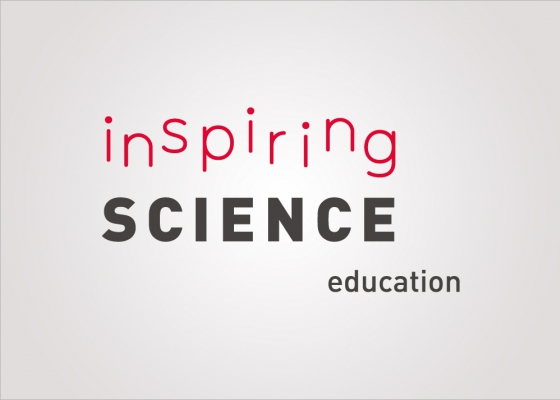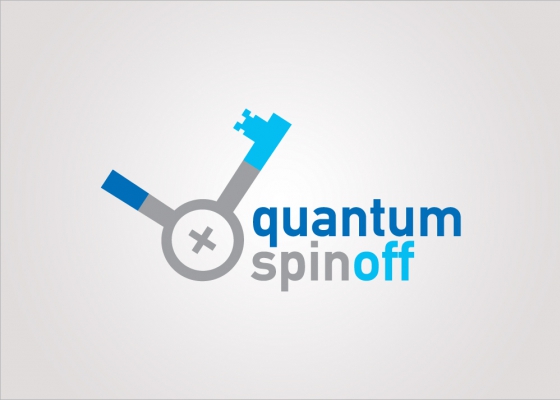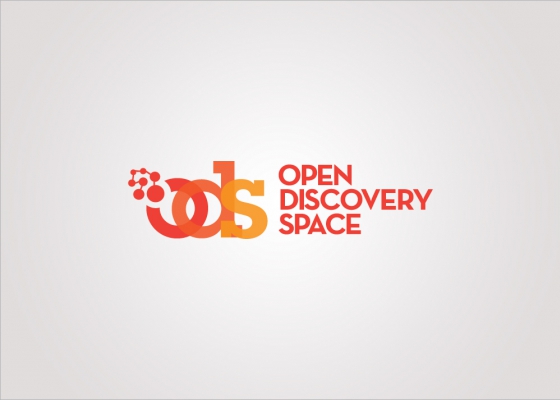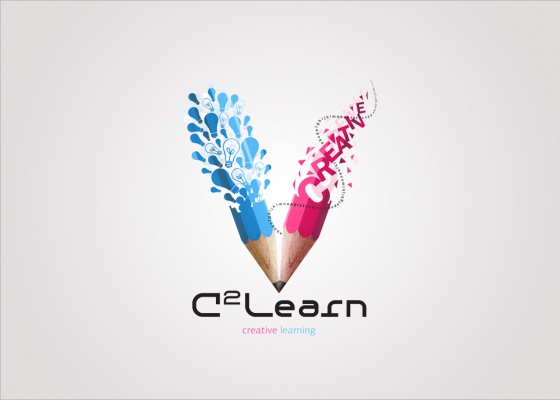GO-LAB

Course Description
The aim of the Inspiring Science Education Summer Academy is to support the modernisation of science education and training, including in curricula, assessment of learning outcomes viagra online and the professional development of teachers and trainers, as well as to the wide adoption of the recommendations of the Rocard Report "A new Pedagogy for the Future of Europe" (Rocard et al., 2007), that sets the basics for the introduction of the Inquiry Based approach in the science curricula of the Member States.
The course is organized in the context of the project "Go-Lab: Global Online Science Labs for Inquiry Learning at School". Its main objective is to introduce to teachers the use of online virtual experiments and remote laboratories as well as inquiry-based science teaching techniques in order to help them develop, improve and enhance their teaching skills and practices. These tools and techniques will facilitate them in engaging their students into science topics, in order to acquire scientific inquiry skills and experience the culture of doing science, under motivating circumstances, by undertaking active, guided, experimentation, carried out in renown scientific facilities and research centers. The course will include presentations followed by practical sessions and workshops focusing on:
- Concepts and skills of learning-design, inquiry processes and multidisciplinary teaching
- Preparing, uploading and sharing digital learning resources and activities
- Inquiry-based learning activities for use in the science classroom
- Familiarization with on-line labs portals and educational digital repositories
- Presentation of popular social tools and science outreach websites
- Hands-on sessions working on on-line labs and resources related to science.
The repertoire of online labs, experiments and best practices, and the educational tools that will be presented in combination with the hands-on activities will facilitate the participants in learning how to deploy and integrate them in their school environment and everyday science teaching practice and also how to contribute their own work into educational repositories and share it within a European community of practice.
Years
Related Courses
GET IN TOUCH
- Dimitriou Panagea,
Pallini, Athens, GR - Phone: +30 2108176790
- Email: summerschools@ea.gr

